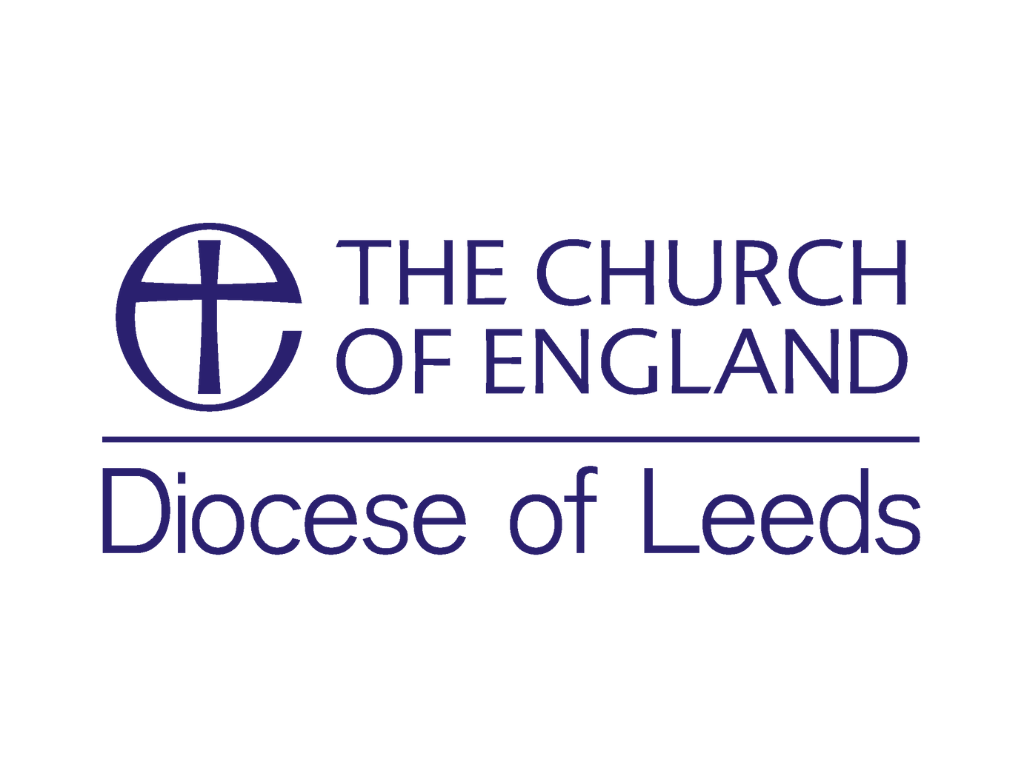Our History Curriculum
Where we go back in time
At Sandal Castle Primary School, we are lucky to be named after a castle and have access to an incredible historical site on our doorstep. We use the children’s existing knowledge and the history in our local area to ignite their curiosity about the past locally, in Britain and across the wider world.
Our history curriculum allows the children to develop a chronological framework for their knowledge of significant events and people and to study people and events from the local area. The children learn to consider what people’s lives were like in the past and how the past influences the present. They develop their skills as historians to ask perceptive questions, think critically, weigh evidence, sift arguments, and develop perspective and judgement.
At Sandal Castle School our history curriculum has been broken down into areas of study and allocated to individual year groups. This approach aims to ensure the progression and coverage of knowledge and skills throughout school. This allows opportunities to revisit and consolidate the children’s understanding before building on prior learning in order to teach new knowledge and skills. Our history curriculum ensures that there are various opportunities for cross curricular learning including Art, Design Technology, Science and Geography.
The subject leader will monitor the teaching of history by undertaking regular work scrutinise and lesson observations.
- The Early Years Foundation Stage Framework will focus on discussing and comparing experiences from both past and present and listening to the experiences of others.
- In Key Stage One history curriculum will focus on studying events within living memory before progressing onto studying historical figures and events beyond living memory.
- In Key Stage Two the British history curriculum is set out chronologically, beginning with the Stone Age and progressing up to the Second World War. In addition, the children also study units on the Roman Empire, Ancient Egypt, Ancient Greece, the Mayan civilization and a local history unit.
In addition, our history curriculum gives opportunities for learning out of the classroom through engaging topic days and stimulating educational visits allowing the children to explore history in a ‘hands on’, practical and 'real life' context.

